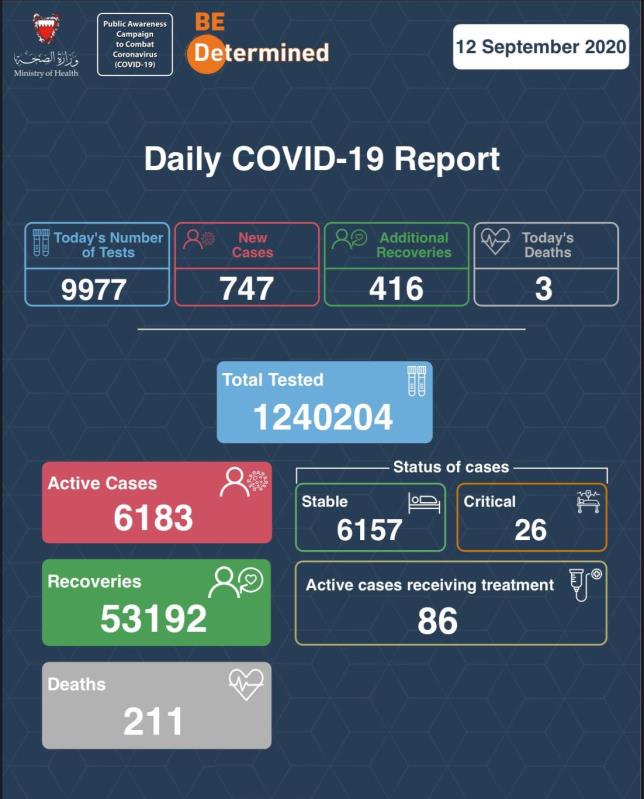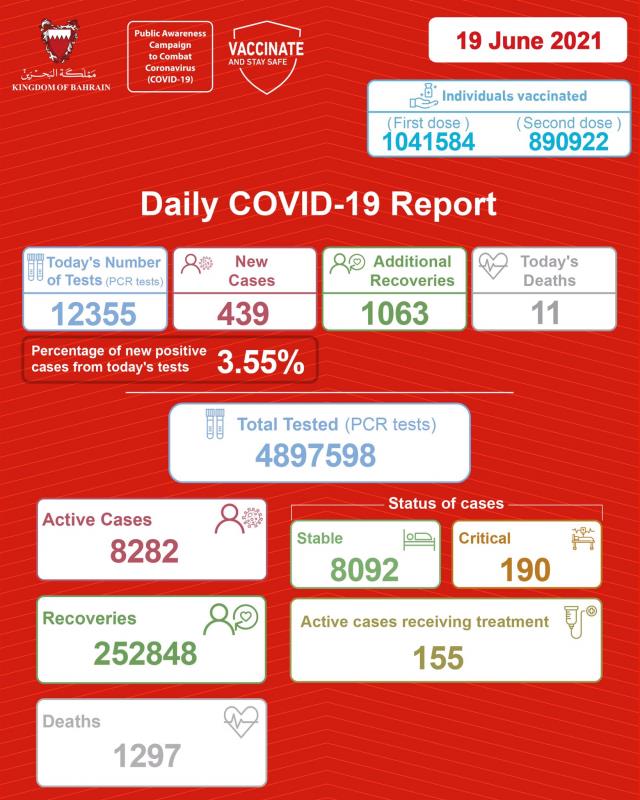
Anything in life could turn into a crisis. It’s the strength of our planning and preparedness that ultimately helps us in dealing with unexpected twists and turns. For an organisation, that involves regular reviews of your organisation’s crisis handbook, participation in crisis simulations and of course, vigilant reporting on relevant changes and news. But with the best preparedness routines, when situations change, people are often left scrambling for a direction, particularly when leadership teams are fragmented or disjointed.
For communications teams, how they manoeuvre and address public concerns in the lead-up to, during, and after a crisis defines the future of a company and many people’s careers. A crisis can destroy, weaken or strengthen an organisation and its leadership.
And as we seem to traverse our professional lives from one crisis to the next, albeit with different magnitudes, I’ve put together some of the most important lessons I’ve learned in support of effective crisis communications.
- Communicate with empathy
It’s the emotional connections that most often drive our perceptions and behaviours.
This is where too many leaders and organisations fail. Remember, even if a crisis situation doesn’t impact you (the crisis management team, spokesperson or CEO) directly, it definitely has a negative impact on other people. Before you do anything else, identify those most affected as well as all other groups impacted, put yourself in their shoes, and prepare answers to their expected questions and concerns. And as you do this, talk to their hearts.
Only then can you begin the process of actively communicating, both internally and externally. In this way, your next steps to inform stakeholders and target groups about the situation and the explanations about the organisation’s response plans will reflect an understanding of people’s feelings. In other words, the organisation's soul will be part of all communications.
The outcome? You will be seen as an organisation that cares about more than financial performance and profits, and people will be able to identify with your brand more…
- Perform a pre-mortem
A couple of years ago, I picked up a wonderful tool in support of project management from a Harvard Business Review article by Gary Klein, which suggested teams use prospective hindsight to identify project risks before kickoff… It transformed the way I perceived and engaged in complex issues.
Performing a pre-mortem is integral to effective planning, ahead of the actual implementation and closing phases. And just as a postmortem exercise evaluates the outcomes and impacts, a pre-mortem occurs at the outset in order to allow you to imagine all steps envisaged in your plans and the possible responses to them and overall outcomes. In visualising the different scenarios and the active variables of the situation, which may lead to both best case and worst case scenarios, you can assess and rethink all your assumptions.
Essentially, the pre-mortem also helps you to address the long term. An exercise in imagination and anticipation, by looking at your plans through the lenses of possibility and transformation, you can foresee potential changes and pitfalls and address them at the planning stages. For me, this represents an excellent tool in the development of crisis communications plans and responses.
- Assign responsibility to a crisis team, come what may
Leadership during a crisis is not about management; it’s about setting positive and inspiring examples.
It’s critical that from the outset a small crisis team is formed with responsibility for managing and responding to a crisis; and that a spokesperson is assigned to communicate on behalf of the organisation. These are two slightly different, but equally important roles that complement one another necessarily.
A crisis management team representing the most important internal stakeholders should oversee the planning and implementation processes of the crisis plan. But in order to ensure best oversight, understanding and preparation with prospective hindsight (the pre-mortem), membership of this team should be as diverse and inclusive as possible. And the team needs to be enabled to act without micro-management that will inevitably cause delays and inefficiencies.
At the same time, it’s important that a spokesperson is selected quickly in order to allow one person to coordinate with, and respond to, the media and public opinion. The role of the spokesperson ensures that messages are clearly communicated and eliminates the possibility for mixed or confusing statements being released by multiple representatives.
Too often, leaders weaken their organisations and themselves by over-centralising decisions and by forming internal echo chambers that mirror their views, rather than embracing diverse viewpoints. This obscures their insight into situations and possible future outcomes.
There is no more important time than during a crisis for leaders to set an example for all groups - staff, customers, partners and suppliers, competitors, the media, public opinion and government. And for this, empathy, imagination and responsibility are fundamental.


















































